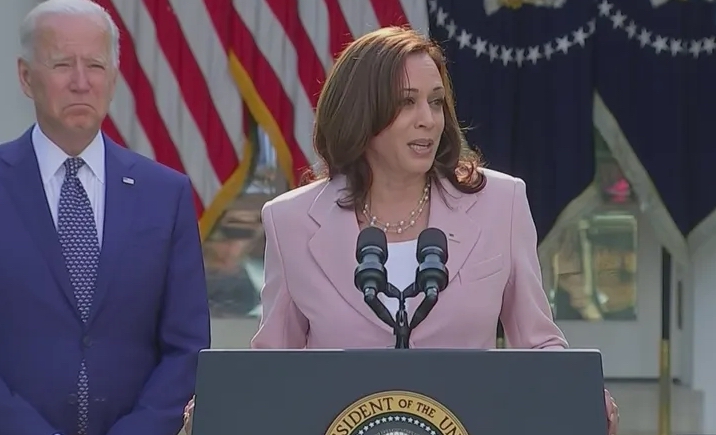Writing at realclearmarkets.com, JLF Senior Fellow Garland Tucker alerts us to a looming problem of potentially huge consequences.
Substantially more capital is raised today in the private markets than in the public markets – as opposed to the decades prior to 2010. As private capital raises have increased, public markets have shrunk. Since 1996, the number of publicly traded companies has fallen by more than half. “There are fewer investment opportunities for Main Street investors,” Securities and Exchange Commission Chairman Jay Clayton reported to Congress last year.
Because private offerings are generally restricted to institutional investors (pension plans, insurance companies, hedge funds, etc.) and high net worth individual investors, small individual investors are being shut out of high-growth, early-stage investments. These high-growth companies are waiting much longer before going public – or perhaps never going public. The number of U.S. private companies worth over $1 billion has more than trebled over the past four years. Individual investors are now forced to invest in a dwindling pool of companies. As Duke University Professor Elizabeth de Fontenay explained, the public markets have become “a holding pen for massive, sleepy corporations.”
This phenomenon is definitely bad for individual investors, but it also represents a serious threat to American capitalism. If it continues, the decline of the public capital markets will ultimately diminish the strength of the American economy. Access to the public capital markets is the lifeline for economic growth.
Where do we go from here?
The unintended consequences of excessive regulation of banks under Dodd Frank has harmed U. S. capital markets. While overhauling Dodd Frank, Congress should simultaneously reform – or repeal — Sarbanes Oxley. Trump’s newly appointed chief economic advisor, Larry Kudlow, has long been a critic of Sarbanes Oxley. He has argued, “By substantially raising audit costs, the law has made it much more difficult for entrepreneurs to take small companies public, which in turn deprives middle-class investors the opportunity to grow wealth with these firms.”


